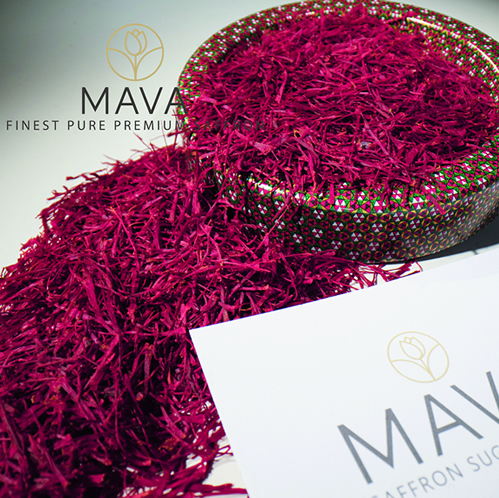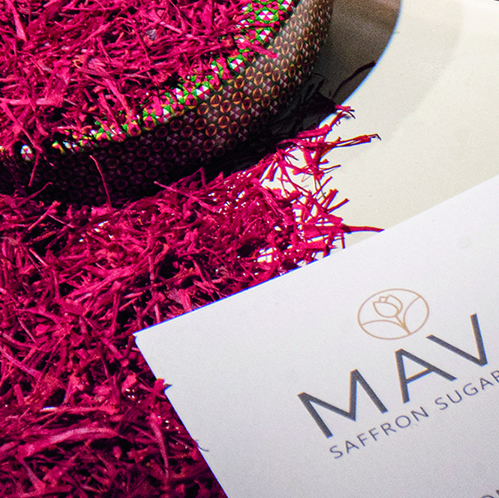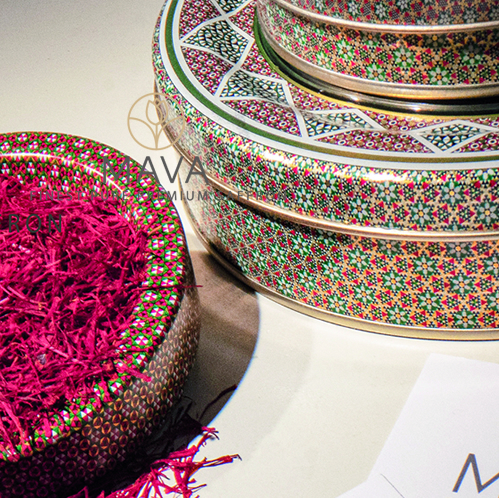Cruciferous Vegetables: Powerhouses of Antioxidants
Broccoli, kale, Brussels sprouts, and cabbage are cruciferous vegetables packed with anti-inflammatory, anti-cancer, and anti-aging phytonutrients, according to Dr. Mark Hyman, a renowned functional medicine doctor. They're also rich in magnesium, crucial for various bodily functions, and folate, a B vitamin essential for DNA methylation, impacting longevity genes. Aim to fill about ¾ of your plate with cruciferous vegetables for optimal benefits.
Dark Leafy Greens: Folate for Heart and Cellular Health
Dr. Linda Shiue, an internist specializing in culinary medicine, highlights dark leafy greens as a vital food group for longevity. They're brimming with fiber and folate, promoting heart health and potentially reducing the risk of colon polyps, breast, lung, and cervical cancers.
Fatty Fish: Essential Omega-3s for Heart and Brain
Wild salmon, sardines, anchovies, herring, and mackerel are excellent sources of protein and omega-3 fatty acids DHA and EPA. Dr. Hyman emphasizes that consuming salmon twice a week can significantly reduce the risk of heart disease, stroke, and high blood pressure. These omega-3s also combat inflammation, a root cause of many chronic diseases.
Whole Grains: Reduce Disease Risk and Promote Heart Health
Studies by Harvard School of Public Health show that whole grains like brown rice, quinoa, and oats help lower "bad" LDL cholesterol, triglycerides, and blood pressure. They can also decrease your risk of developing cardiovascular disease, type 2 diabetes, metabolic syndrome, and certain cancers.
Extra Virgin Olive Oil: Liquid Gold for Longevity
Not all fats are created equal. Extra virgin olive oil, rich in monounsaturated fats, antioxidants, and polyphenols like oleuropein, is a star for longevity. Oleuropein boasts anti-cancer, anti-inflammatory, cardioprotective, and neuroprotective properties. Dr. Hyman suggests just a half-teaspoon daily can significantly lower the risk of death from heart disease, neurodegenerative diseases, respiratory diseases, and cancer.
Berries: Sweet Treats Packed with Antioxidants
Berries are a perfect guilt-free dessert choice. According to Dr. Shiue, they have a low glycemic load, meaning they don't spike blood sugar levels, helping prevent diabetes. They're also loaded with antioxidants that aid in cell repair, including heart cells.
Fermented Foods: Boost Your Gut Health for Overall Well-being
Kimchi, kombucha, tempeh, miso, sauerkraut – these fermented foods are teeming with "beneficial bugs" that promote gut health. Dr. Hyman explains how these probiotics enhance immune response, reduce inflammation, and increase gut microbial diversity, all contributing to a longer life. Start with one serving daily and gradually incorporate more into your diet.
Tree Nuts and Seeds: Powerhouse for Heart Health
Almonds, walnuts, sunflower seeds, and pumpkin seeds are protein and fiber-rich powerhouses. Studies suggest they can reduce visceral fat and improve insulin sensitivity. Walnuts, especially, are a great plant-based source of omega-3 fatty acids, beneficial for heart health.
Plain Yogurt: Protein, Calcium, and Stress Relief
Plain yogurt, unsweetened with added sugars, is a longevity champion recommended by Dr. Florence Comite. It's rich in protein, calcium, and magnesium, also containing gamma-aminobutyric acid (GABA), a neurotransmitter promoting relaxation, stress reduction, and better sleep. Greek yogurt, with its higher GABA content, is Dr. Comite's favorite choice.
Dark Chocolate: A Delicious Way to Boost Brainpower
Dark chocolate isn't just a treat; it offers a multitude of health benefits. Dr. Comite highlights its link to a reduced risk of heart attack, stroke, and diabetes due to its high content of antioxidant-rich polyphenols and flavonoids. Dark chocolate even rivals blueberries, another longevity superstar, in terms of antioxidant content. Studies suggest it can improve neuroplasticity, the brain's ability to form new connections, leading to better memory, cognition, and mood. Choose dark chocolate with a minimum 75% cocoa content.
Legumes: Plant-Based Protein for Gut and Heart Health
Lentils, peas, chickpeas, and peanuts are excellent sources of plant-based protein and fiber, according to Dr. Shiue. They can help regulate blood sugar, lower cholesterol, promote regularity.



